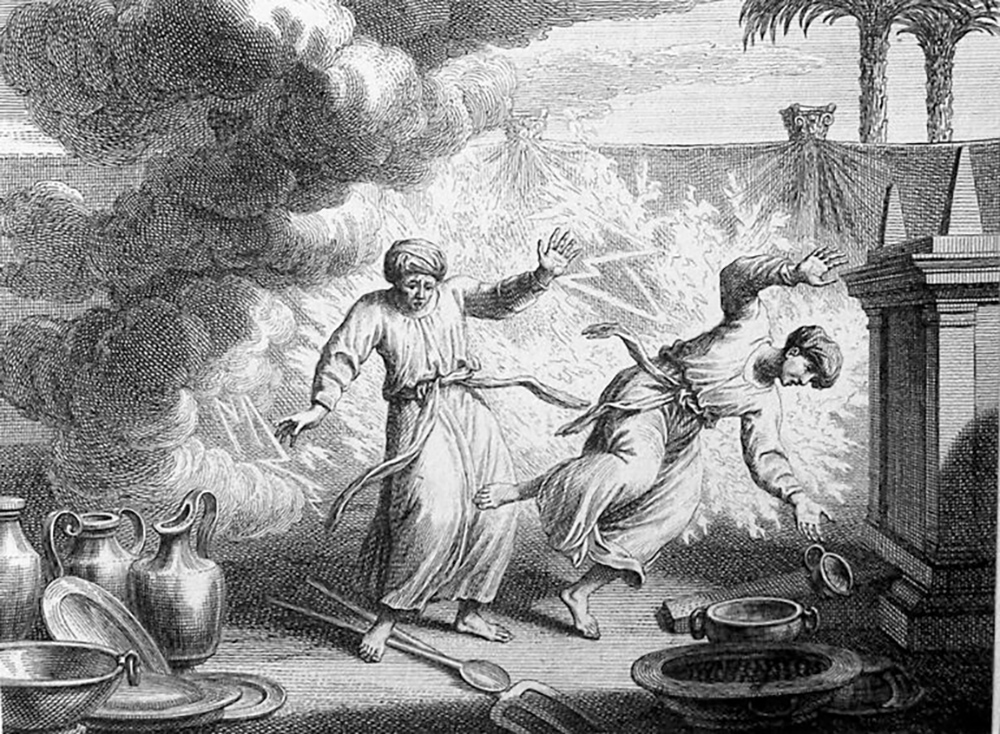By: Rabbi Osher Jungreis
On the very day that the dedication of the Temple took place, Nadav and Avihu, the two noble sons of Aaron the High Priest, suddenly perished. The Torah describes the reaction of Aaron simply as “Vayidom Aaron” – meaning that Aaron remained silent. The term which is normally used for silence is Vayishtak, the Torah however, chooses the word Vayidom, which means an inanimate object, to teach us that although we are often able to control our emotions, our facial expressions betray our feelings. Aaron’s faith in justice of G-d and in the eternity of the soul was so powerful, so all encompassing, that he was totally at peace with G-d’s Will, even in his heart- Thus Vayidom. But the question still remains–Why did this terrible calamity befall Aaron’s two sons?
The explanation that the Torah offers is that they (the two sons) brought an alien fire before HaShem that He had not commanded…” (Leviticus 10:1)
The strength of our people, our ability to have survived the centuries can be found in the fact that we never deviated from our Divine Commandments. While Nadav and Abihu were most sincere in their desire to serve G-d, they nevertheless desired to do so in their own way and bring their own fire rather than the one proscribed by our Torah. Through their tragic deaths, the Torah warns us of the terrible consequences that can result from departing from G-d’s commandments. No matter how lofty our intentions may be, if our service does not conform to G-d’s Will, it is unacceptable. Our G-d is One, our Torah is One, and our worship must mirror that one-ness. It cannot be based upon our personal needs or emotions.
This teaching is of special significance to our generation. In our egalitarian society, we have come to believe that we have the right to fashion our own mode of worship, to contrive our own rituals and to author our own ceremonies. We have come to believe that our sincerity makes everything right. But if our service does not reflect G-d’s Will, we are worshipping ourselves and not our Heavenly Father, Had our ancestors fashioned their own mode of worship, there would, G-d forbid, have been no faith for us to inherit. The strength of our people is to be found precisely in the fact that the very same fire that illuminated our souls at Mt. Sinai continues to shed light for us today.
Very often, people say. “If you can give me a good reason why I should keep the commandments, I’ll consider it” What better reason can there be but that G-d commanded them? In these most trying times for our nation, for our brethren in Israel, let us commit to take upon ourselves our commandments as proclaimed at Sinai.
PIRKEI AVOS–ETHICS OF THE FATHERS
From the first Sabbath after Pesach and throughout the summer months, until the Sabbath before Shavuos, we study one of the six chapters of “Ethics of the Fathers”. Since there are six Sabbaths between Pesach and Shavuos, we complete the first cycle before the holiday of Shavuos, thereby affirming the principle “Derech eretz kadmoh l’Torah” – meaning, proper ethical behavior is a prerequisite to Torah study.





